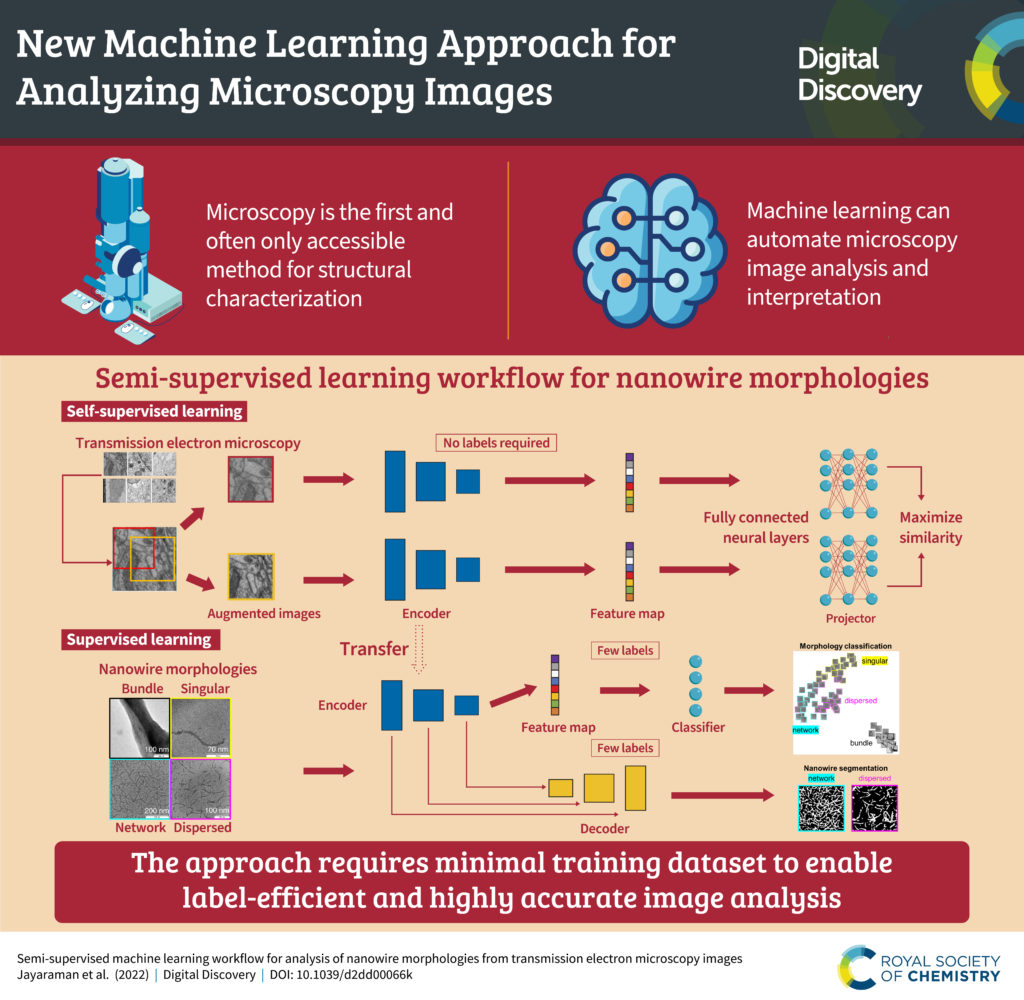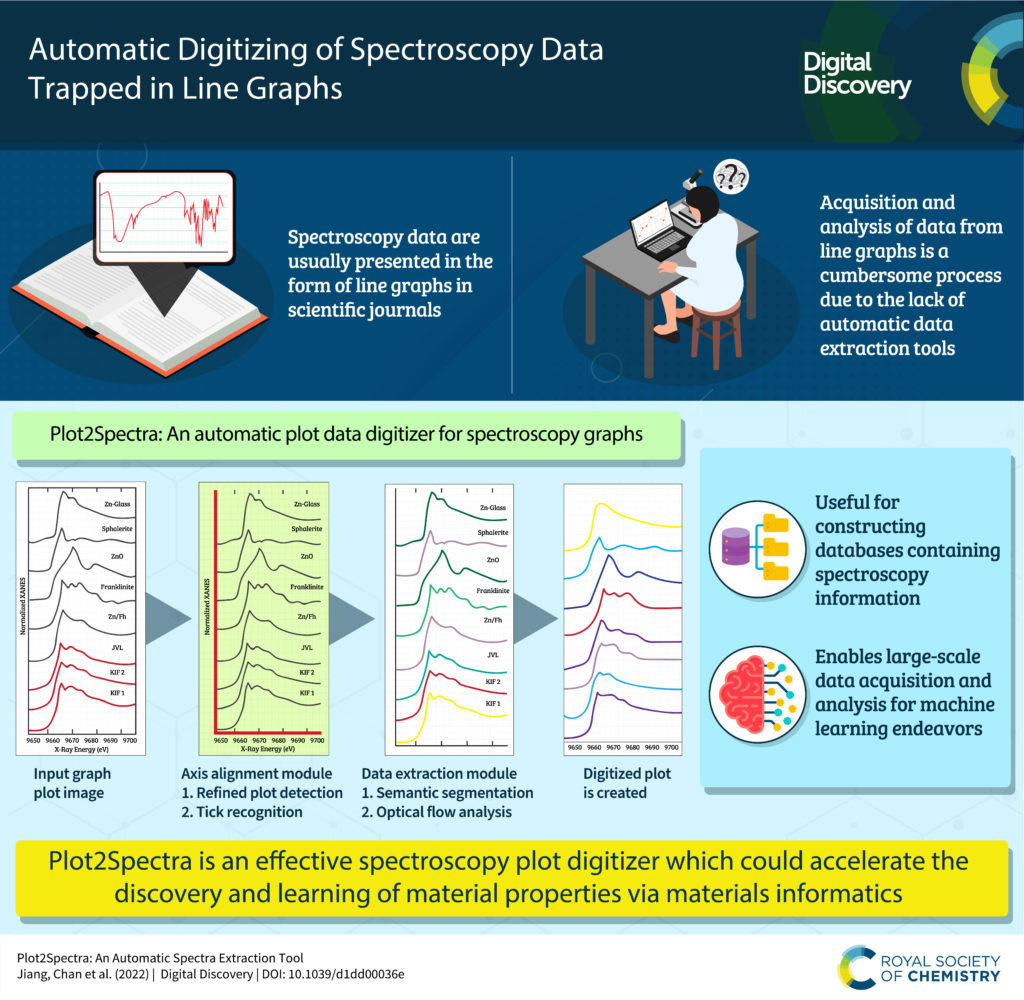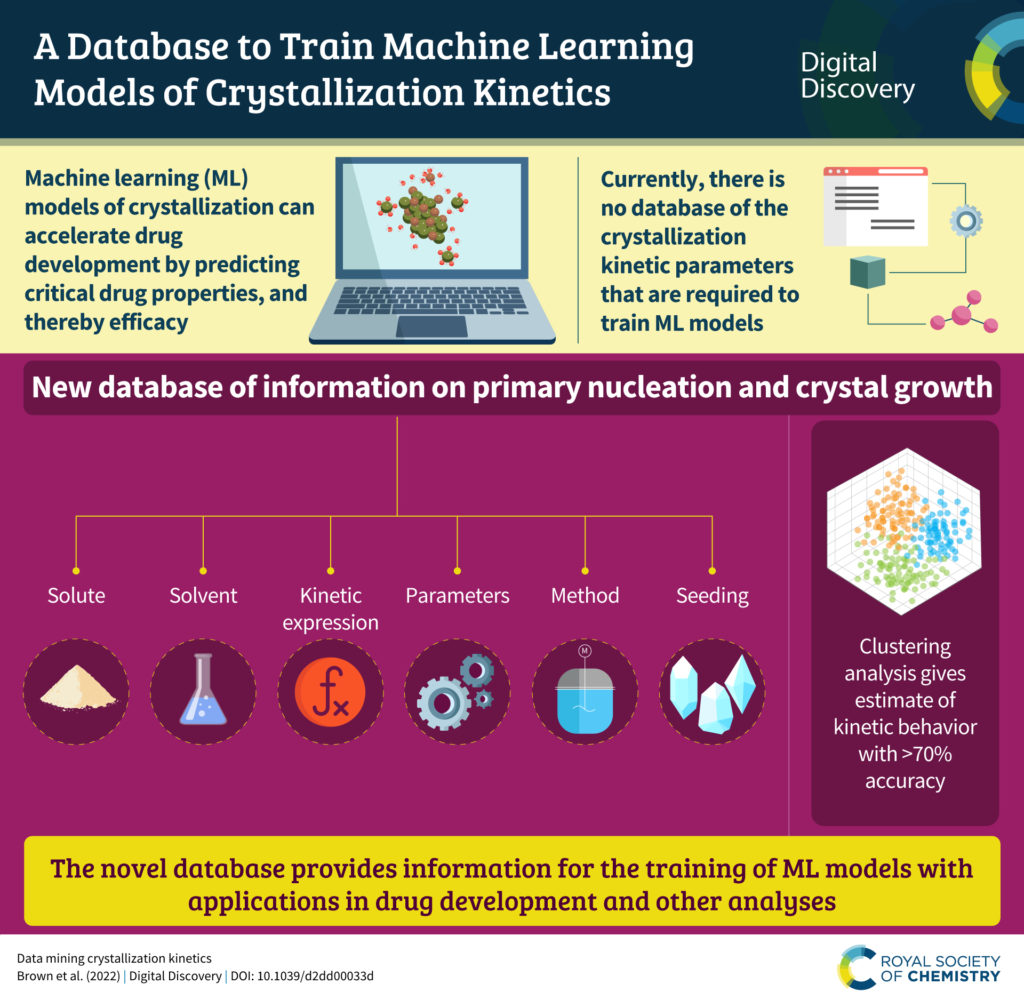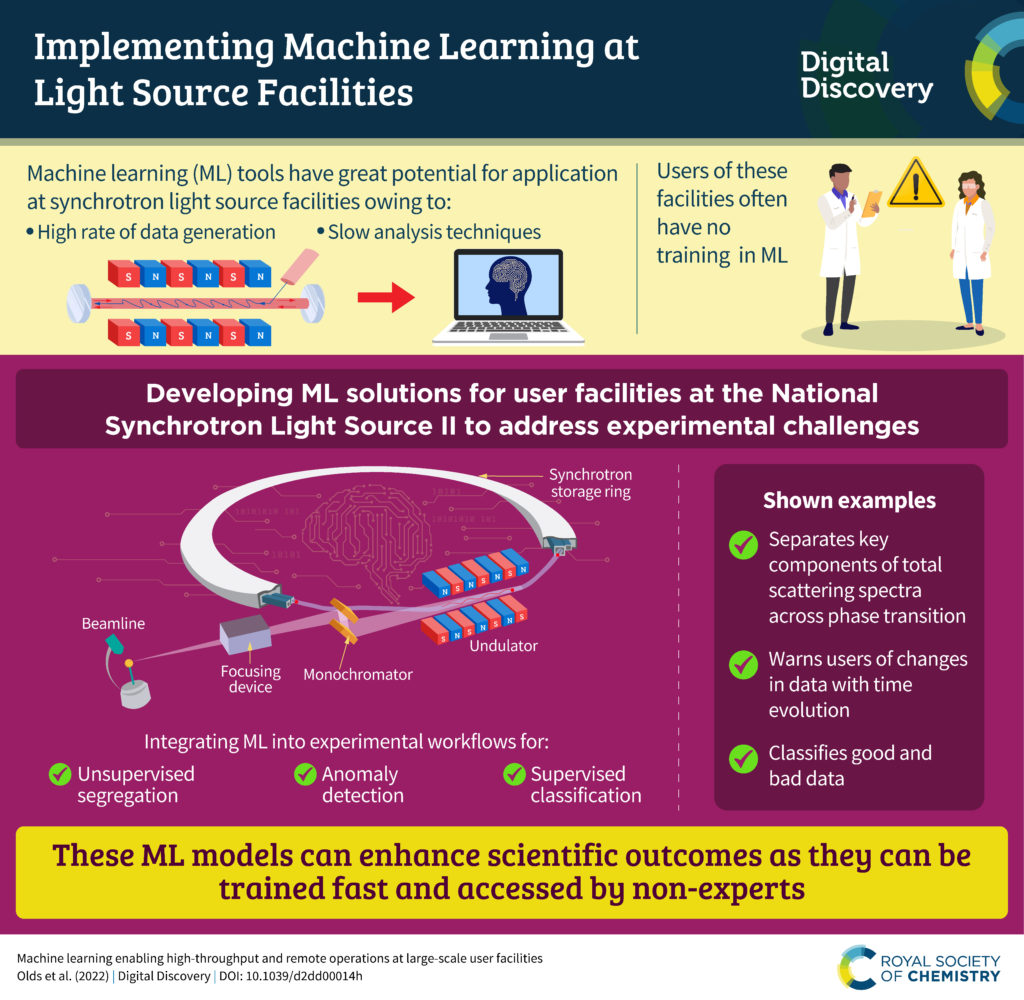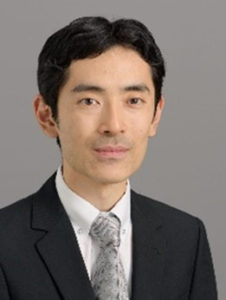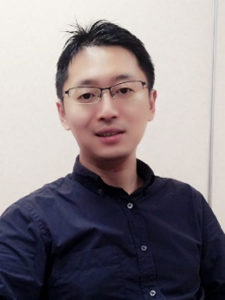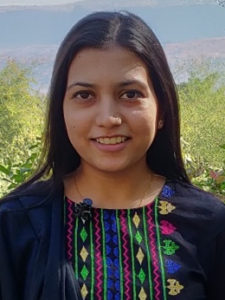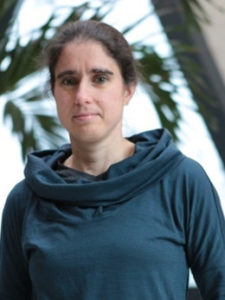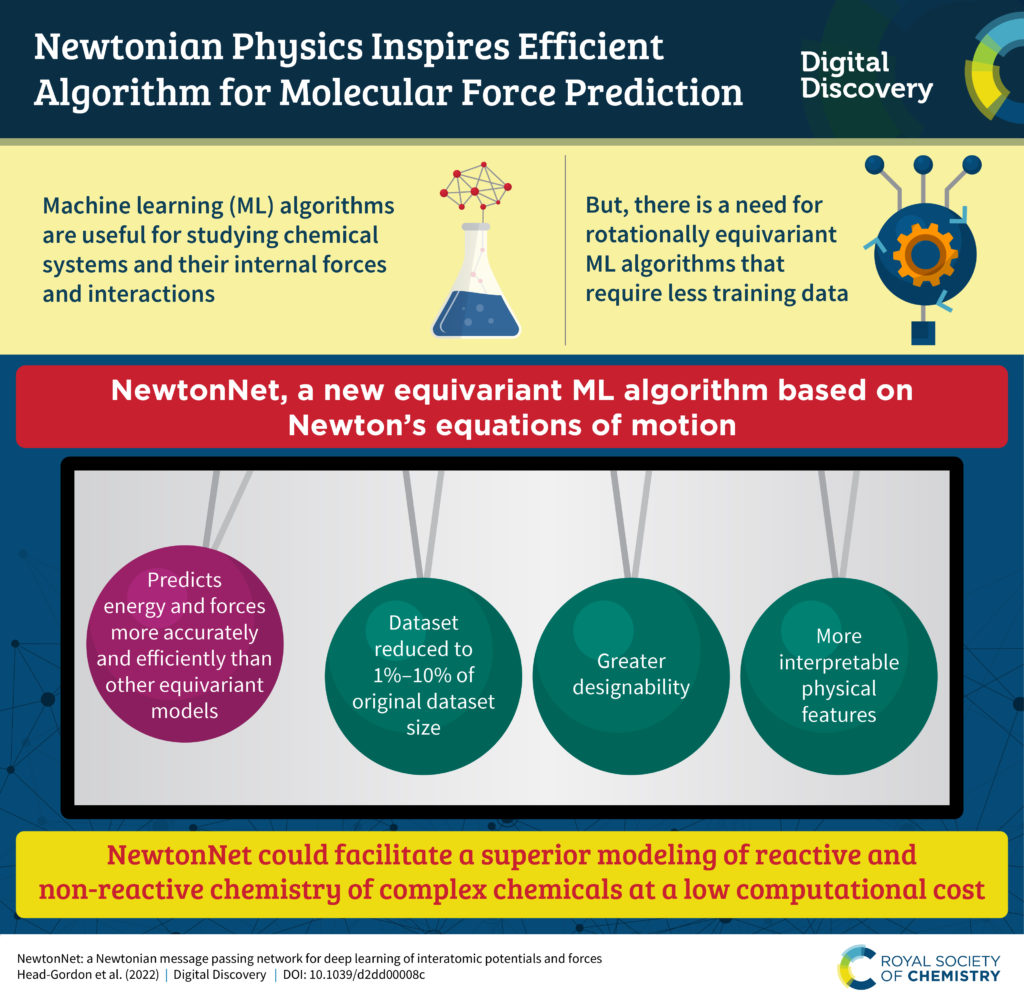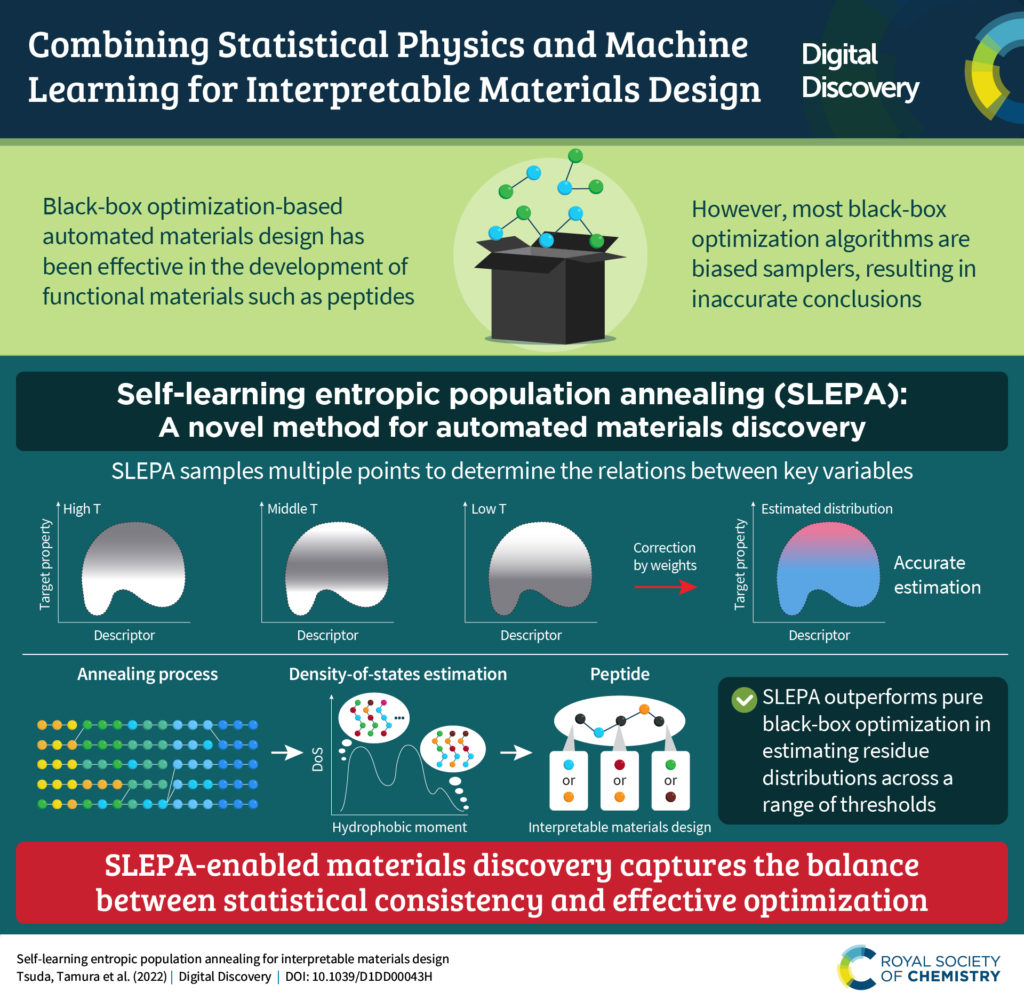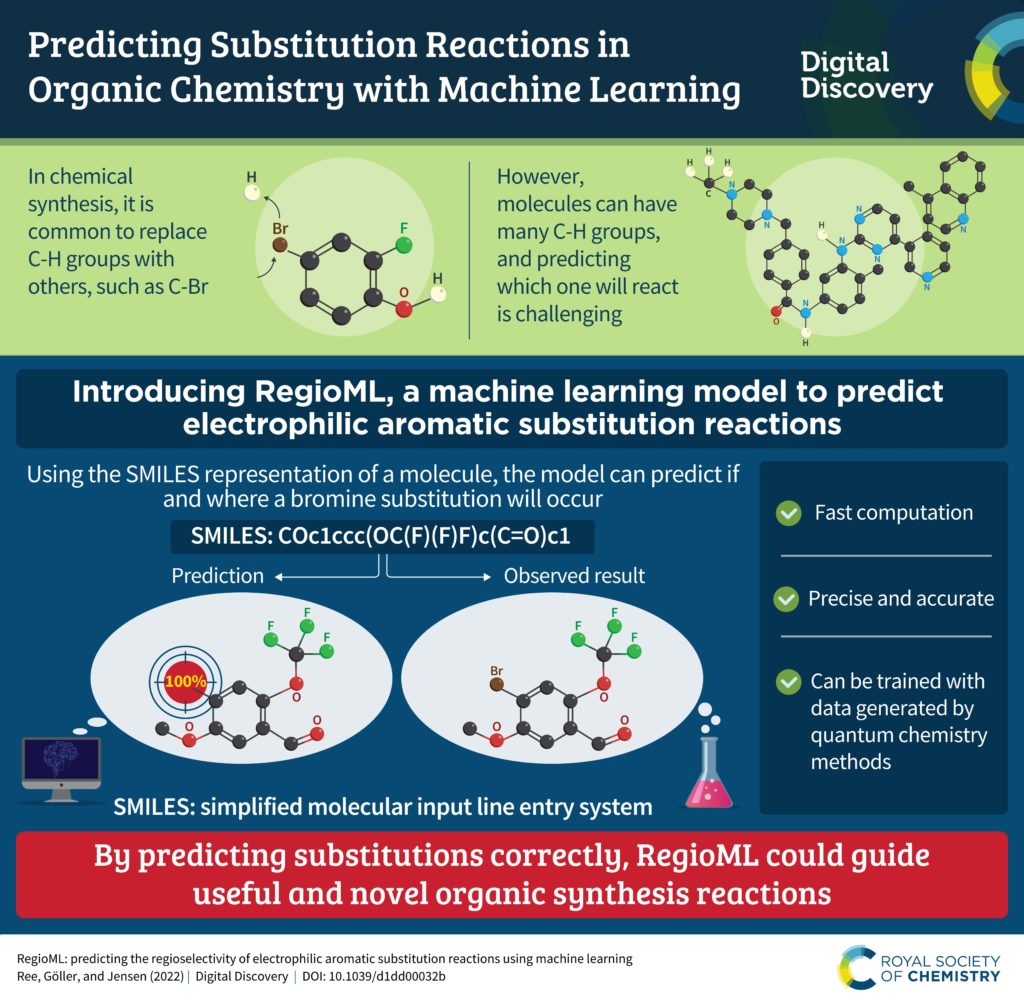We are delighted to introduce our Advisory Board for Digital Discovery!
The Digital Discovery Advisory Board is made up of outstanding researchers from chemistry, materials science, and biotechnology who contribute to the journal as reviewers and writers, provide strategic feedback, and act as community advocates. Learn more about our entire Editorial and Advisory Boards on our website and get to know our newest Advisory Board members and some of their research samples below
Meet our new Advisory Board members:

Abigail Doyle
University of California, Los Angeles, USA
The Doyle lab conducts research at the interface of organic, organometallic, physical organic, and computational chemistry.

Alexandre Tkatchenko, University of Luxembourg, Luxemburg
Dr Tkatchenko develops first-principles computational models to study a wide range of complex materials.

Berend Smit , EPFL, Switzerland
Professor Smit’s focuses on the application and development of novel molecular simulation techniques.
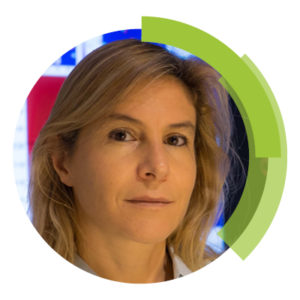
Cecilia Clementi, Freie Universität Berlin, Germany
Dr Clementi’s research focuses on the development and application of methods for the modelling of complex biophysical processes.

Conor Coley, MIT, USA
Professor Coley develops new methods at the intersection of data science, chemistry, and laboratory automation.
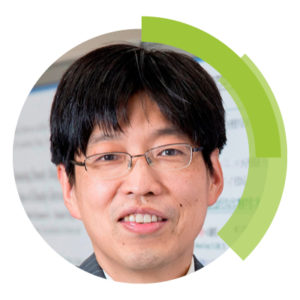
Koji Tsuda, The University of Tokyo, Japan
Dr Tsuda’s research background and current interests involve machine learning, computational biology, and computational materials science.
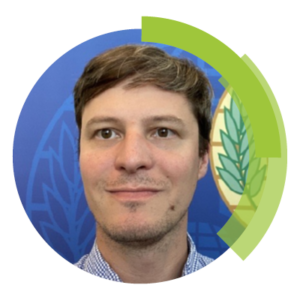
Marwin Segler, Microsoft, Germany
Dr Segler pioneered modern machine learning for molecular design, and chemical synthesis planning.
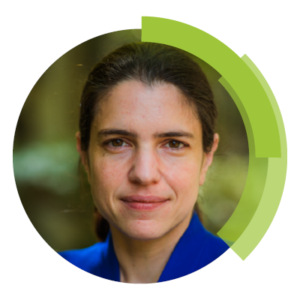
Heather Kulik, MIT, USA
Professor Kulik completed postdoctoral training at Lawrence Livermore and Stanford, prior to joining MIT as a faculty member.
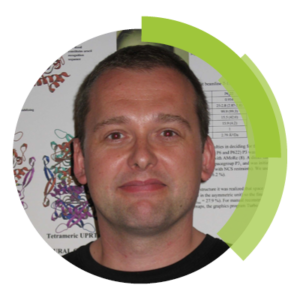
Jan Jensen, University of Copenhagen, Denmark
Dr Jensen works in molecular discovery and reactivity prediction in the University of Copenhagen.

Isao Tanaka, Kyoto University, Japan
Professor Isao Tanaka is working on first principles calculations and data-centric science with special interests on issues in materials science and engineering.
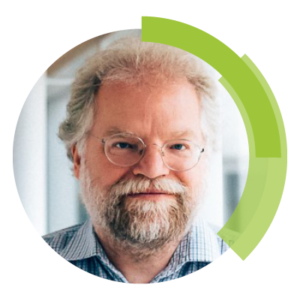
Ola Engkvist, AstraZeneca and Chalmers University of Technology, Sweden
Professor Engkvist main research interests are deep learning based molecular de novo design, synthetic route prediction and large scale molecular property predictions.
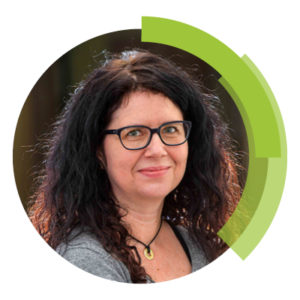
Silvana Botti, Friedrich Schiller University Jena, Germany
Dr Botti’s research focuses on computational materials design, as well as on the development and application of many-body treatments for theoretical spectroscopy.

Shuye Ping Ong, University of California San Diego, USA
Professor Shuye leads the Materials Virtual Lab at UCSD, focusing on the interdisciplinary application of materials science, computer science, and data science to accelerate materials design.

Pablo Carbonell, University of Valencia, Spain
Dr Carbonell’s research interests are in automated design for metabolic engineering and synthetic biology.
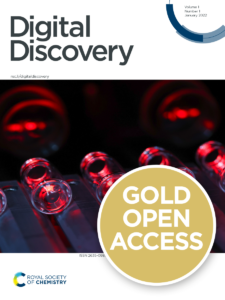
Please join us in welcoming all of our new Advisory Board members to Digital Discovery!
Digital Discovery is open for submissions. Find out more on the journal webpage, sign up for email alerts or submit your manuscript now.
Comments Off on Introducing our new advisory board
